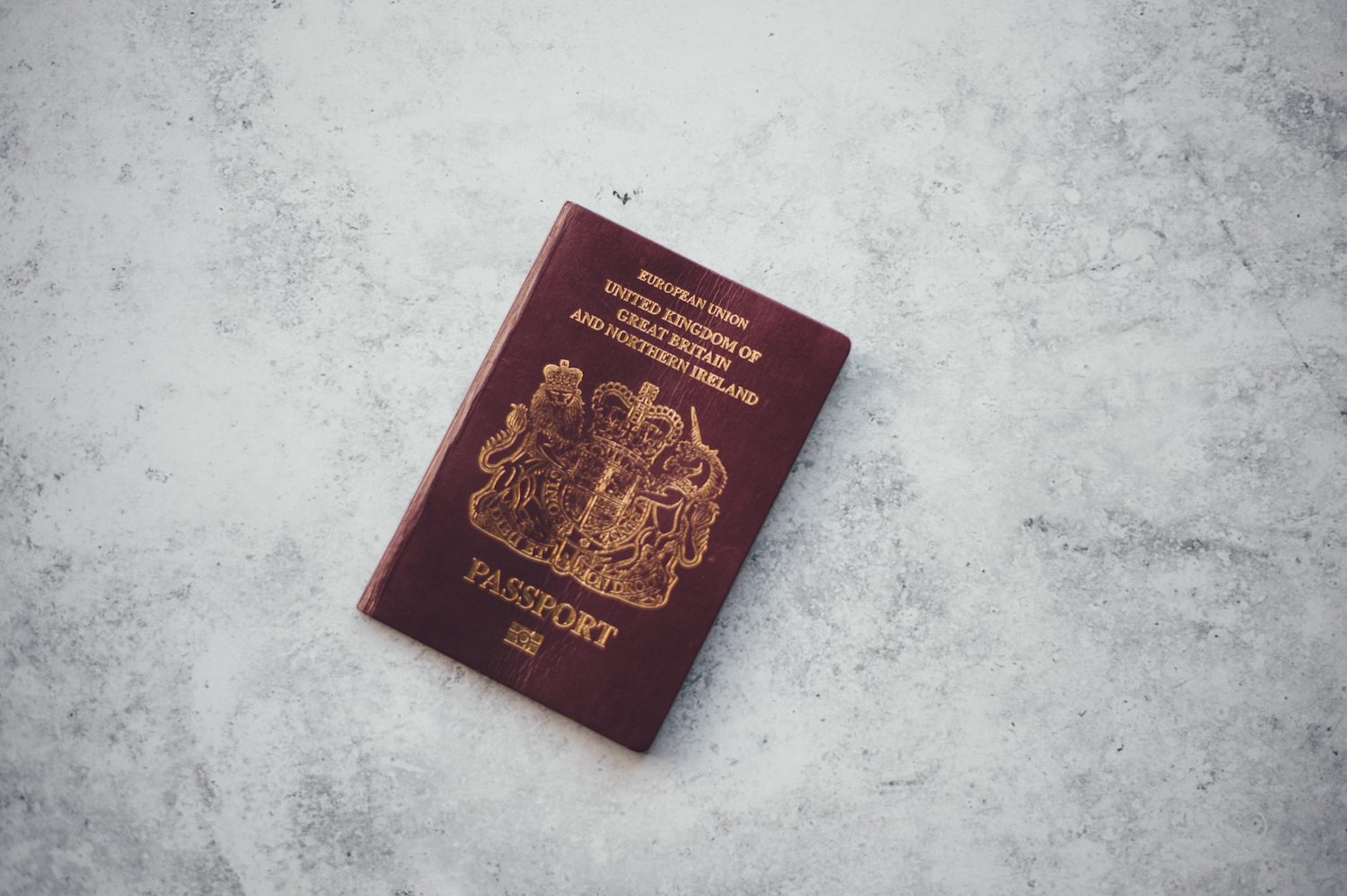Cruel and unusual
The power to revoke citizenship is undemocratic – but the UK government has been denationalising its citizens at an increasing rate. Patti Tamara Lenard looks closely at the Shamima Begum case.
The uk government revoked Shamima Begum’s citizenship in February 2019, and in February this year, her appeal of this revocation was denied. This week the UK Court of Appeal announced that Begum should be permitted to return home, to fight her revocation; the Home Office immediately announced its intention to appeal this decision, calling it “very disappointing”.
Since the second world war, there has been a consensus that the right to citizenship is a basic human right. Begum’s case and others like hers highlight the fact that this consensus is breaking, posing severe risks to our democracies. Democratic states should not be allowed to withdraw from their job of protecting the rights of all citizens.
Begum came to international attention when she turned up at a refugee camp in Syria in February 2019, heavily pregnant, asking to return to the UK. Begum was not a sympathetic figure – she left the UK in 2015 as a 15-year-old to join ISIS as a so-called ‘jihadi bride’. Reports suggest that she was responsible both for enforcing ISIS morality on others and for sewing on suicide bomber vests in such a way that they would detonate if the would-be bomber attempted to remove it. Her initial public statements suggested a distinct lack of remorse for her activities and hinted that she continued to support ISIS objectives. The UK government promptly declared its intention to revoke her citizenship, stating that she presented a threat to the state’s ‘public good’.
The UK is one of the most aggressive at denationalising its citizens accused of terrorism, but it is not alone. Actors in many states, including Australia, Norway, France, and Denmark, have recently defended the right to withdraw citizenship from individuals they believe, by their actions, threaten or intend to threaten the very foundations of their democratic institutions. They believe that protecting democracy trumps the rights of citizens – and particularly criminals – to be protected by their state of citizenship. But abandoning citizens is equivalent to abandoning democracy.
Of course, terrorism is scary. Indeed, that is its intent. The point of hijacking airplanes, attacking places of worship, and driving vans into bystanders, is to make citizens think twice about flying, praying, and participating in public events. In response to the threat of terrorism, governments have two jobs: to protect citizens from terrorism by stopping terrorists before they terrorise and to punish terrorists who have committed crimes.
The 2014 Immigration Act declared that the UK has the right to revoke the citizenship of terrorists, like Begum, where it believes that they pose a threat to British security. Initially, the law permitted denationalisation even in cases where individuals would be rendered stateless; a later modification stated that denationalisation was legally permitted only where the state has good faith reason to believe that another citizenship is accessible. In practice, this means that British citizens can be made stateless, as Begum now is.
Exiling terrorists may seem plausible to many people who see the relationship between citizens and their state as a kind of contract: The state protects the security of its citizens; in exchange, citizens must abide by its laws. Where either party fails to carry out their side of the bargain, the contract is dissolved. Apply this view to Begum’s case, and the proposal looks like this: the UK state is charged with protecting Begum, so long as she abides by UK law. When she chose to leave the UK to join its existential enemy, she withdrew from the contract, releasing the UK from its responsibility to protect her. On this interpretation, the UK isn’t so much revoking Begum’s citizenship, as it is responding to Begum’s freely made choice to abandon the citizen-state contract.
But this contractual view is the wrong way to think about Begum and cases like hers. Although Begum’s actions deserve our strongest condemnation, the UK government can not justifiably withdraw her citizenship.
Democratic states are defined by their obligation to protect the basic rights of all citizens. This requirement means that as they prevent terrorism and punish terrorists, democratic states must at the same time protect all citizens’ basic rights. This produces at least three reasons why citizenship should not be revoked.
First, any punishment imposed must leave space for citizens’ reintegration into the democratic community. Protecting the opportunity for reintegration is a key component of equal respect for those who are members of a political state, and it restricts the punishments that a democratic state may fairly impose on its citizens. Capital punishment is ruled out, most obviously, but so is denationalisation, which permanently removes citizens from the community.
Second, this focus on reintegration – associated with rehabilitation – allows for criminals to change their minds. Maybe Begum intended to collaborate with ISIS to secure the disintegration of the British state, when she left the country as a 15-year-old. But maybe she no longer does. Revoking her citizenship in effect denies her the right to change her mind, which is something that democratic punishments assume is possible and, indeed, the desirable outcome of an appropriate punishment.
Third, in a democratic state any punishment must be imposed after an open trial in which accused citizens have an opportunity to refute the claims against them. Begum, in being denied the right to return to the UK, has not yet not been offered this chance. One reason why states are reluctant to permit trials in cases like Begum’s is because the crimes are committed abroad, and there are tremendous challenges in meeting the evidentiary requirements for a criminal conviction. It is unfair and unjustified to respond to this challenge by denying Begum the opportunity to make her case. Begum’s critics point to her public statements of ongoing support for ISIS and her refusal to display remorse. Her defenders observe that she is at serious risk of reprisals from ISIS and may not feel safe to express anti-ISIS views. Indeed, she has recently claimed just this. An open trial would give her the opportunity to state more clearly her views and to determine her past actions, rather than imposing an irrevocable punishment based on a small number of public statements and limited public evidence. This week’s announcement that she ought to be permitted to return home, to face her accusers, is thus a welcome development.
What if Begum comes to trial, and expresses ongoing commitment to ISIS, and is convicted of her crimes? Then, just like all criminals, her punishment can be adjusted accordingly – though she may not be exiled or killed by the state, because these punishments do not permit the rehabilitation possibility that democratic punishments require.
Surrounding public debate around Begum’s case is the UK’s claim that Begum is entitled to Bangladeshi citizenship even though she was born in the UK, has never visited Bangladesh, and the Bangladeshi government denies that she is entitled to citizenship. Even the government agrees that it should only revoke her citizenship if she is plausibly entitled to another. Statelessness is a grave harm, one that – as a punishment – is cruel and unusual and must thereby be avoided. To render someone stateless is to deny them the protection their basic human rights need. In my new book, I propose that even were Begum provably entitled to Bangladeshi citizenship, the UK government may not revoke her UK citizenship. Doing so means punishing her more severely than a single nationality citizen who has committed the same crime: unequal punishment for the same crime is undemocratic.
In revoking her citizenship, the UK state has so far denied Begum a fair trial conducted according to British rules. If she were convicted in such a trial, she should be punished – as are all convicted criminals – and given the opportunity to rehabilitate and reintegrate. The state is denying her protection, even though the special immigration appeals commission acknowledged that the conditions she faces in northern Syria are inhumane and degrading. For Britain to live up to its commitments as an equality-respecting democracy, it must respect its obligations to all its citizens, including those accused of terrorism.
Assuming that her citizenship remains revoked, Begum will join 150 other ex-Britons whose citizenship has been revoked in the last 10 years. This may seem like a small number, but the rate at which the British government is revoking citizenship is increasing. There is a slippery slope here: once it is accepted that possible terrorists can be exiled, others too may be thought deserving of this treatment. But it is a defining feature of genuinely democratic states that they treat all citizens as worthy of having their basic human rights protected. Abdicating the responsibility to treat all citizens fairly will not make states safer. It will just make them less deserving of being called democratic.

